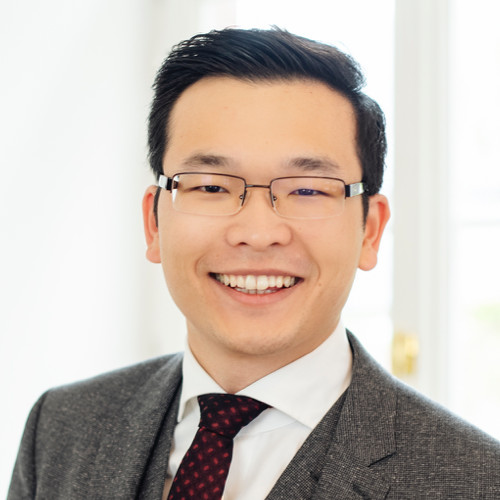
Oskar Luong
is a law student at Heidelberg University, Germany. He has published academic articles on international law. As a classical pianist, Oskar has a strong personal interest in intellectual property law. He was a registered visiting student reading law at the University of Oxford, St Catherine’s College. Prior to that, Oskar studied law at UNSW Sydney and achieved a distinction average mark (Scholar Medallion). He worked as a research assistant for the Max Planck Foundation for International Peace and the Rule of Law, Germany, and as a stagiaire for AG Kokott, the German Advocate General at the Court of Justice of the European Union. Oskar was also a legal trainee in antitrust law at Gibson Dunn in Brussels.

Recent Articles by Oskar Luong
“It is, to me at least, regrettable that because these apparently simple words [computer programs … as such] have no clear meaning both our courts and the Technical Boards of Appeal at the EPO have stopped even trying to understand them. However, we are so far down that road that “returning were as tedious as go o’er”. Instead we are now engaged on a search for a “technical contribution” or a “technical effect”. Instead of arguing about what the legislation means, we argue about what the gloss means. We do not even know whether these substitute phrases mean the same thing […].” – Lewison LJ, in HTC Europe Co Ltd v Apple Inc [2013] EWCA Civ 451 [143]. This extract has inspired this article, in an effort to scrutinize whether the critique by Lewison LJ is still controversial today, six years after that judgment was rendered in the United Kingdom. In doing so, the article analyzes the two divergent approaches on determining whether a particular subject matter is patentable under UK and EU patent law, focusing specifically on the patentability of computer programs/software. First, I discuss the “technical contribution/effect approach” by the UK courts (“UK approach”) and the “any hardware approach” by the European Patent Office (“EPO approach”). The differences between these two approaches become apparent in comparing the former to the latter, in light of HTC Europe v. Apple, and by attempting to define the legal terminology addressing “computer programs” and “technical contribution’/‘technical effect”.

![[IPWatchdog Logo]](https://ipwatchdog.com/wp-content/themes/IPWatchdog%20-%202023/assets/images/temp/logo-small@2x.png)